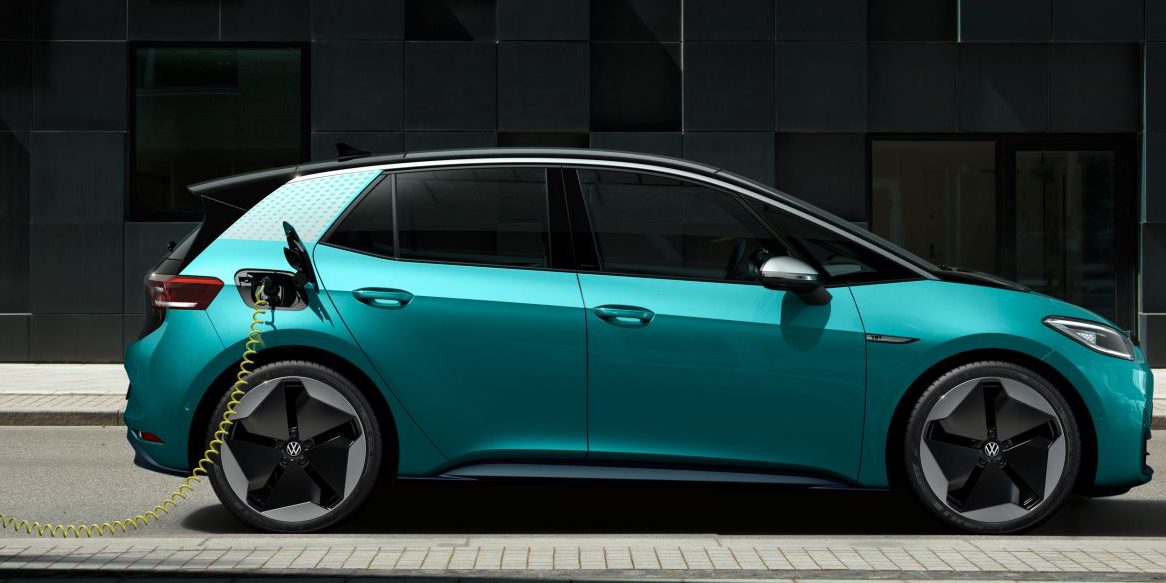Last week, the ACEA (European Automobile Manufacturers Association) asked to delay the new carbon dioxide emission limits of the European Union due to the economic crisis associated with the coronavirus pandemic. However, the German manufacturers, who have made a significant investment in electric mobility, oppose this request despite belonging to the ACEA.
Currently in charge of the association is Mike Manley, executive director of FCA (FIAT-Chrysler), one of the automobile groups that accumulate the most extended delay in the development of an electric range (remember that to meet the stipulated objectives, electric cars will be of vital importance, as they will allow manufacturers to lower their average emissions).
Three other associations have joined ACEA, representing European suppliers, tire manufacturers, and engine repair companies. All of them signed a letter addressed to Ursula von der Leyen, President of the European Commission, arguing that the pandemic has stopped the development and production of automobiles, which will make it challenging to execute the plans developed to comply with the new regulations on time environmental.
Cars currently account for 14% of global carbon dioxide emissions in the European Union, as well as 70% of road transport emissions. The new European regulations seek to promote the adoption of the electric car, whose sales have increased by 92% in February despite the general contraction of 7% suffered by the market.
German manufacturers, due to their substantial investments in electrification, do not want the European Union emissions targets to be postponed: BMW, Daimler (Mercedes-Benz), and Volkswagen consider that there is no need to review environmental legislation despite the crisis that arose as a result of the pandemic.
Julia Poliscanova, director of sustainable vehicles at Transport & Environment, has defended the three German manufacturers: “While the overall economic recovery is crucial, we must not allow some opportunistic car manufacturers to use the crisis to reverse the climate objectives of the European Union blatantly. The three German automakers, Volkswagen, Daimler, and BMW, have correctly recognized that this is not necessary.”
It is too early to judge the impact of the coronavirus on the auto industry, but selling fewer cars will not affect law enforcement. What matters is the type of car being sold. Any incentive to increase demand once standard life resumes should be directed at zero-emission automobiles. This will help keep jobs in Europe, curb pollution, and increase the competitiveness of our auto industry.
At the moment, everything seems to indicate that the European Commission will keep its plans unchanged. According to one of its spokespersons: “The commission is determined to use all the political tools at its disposal to help protect citizens and mitigate the severe socio-economic consequences of the pandemic. We must also ensure that the recovery is as sustainable as possible, both economically and environmentally.”

